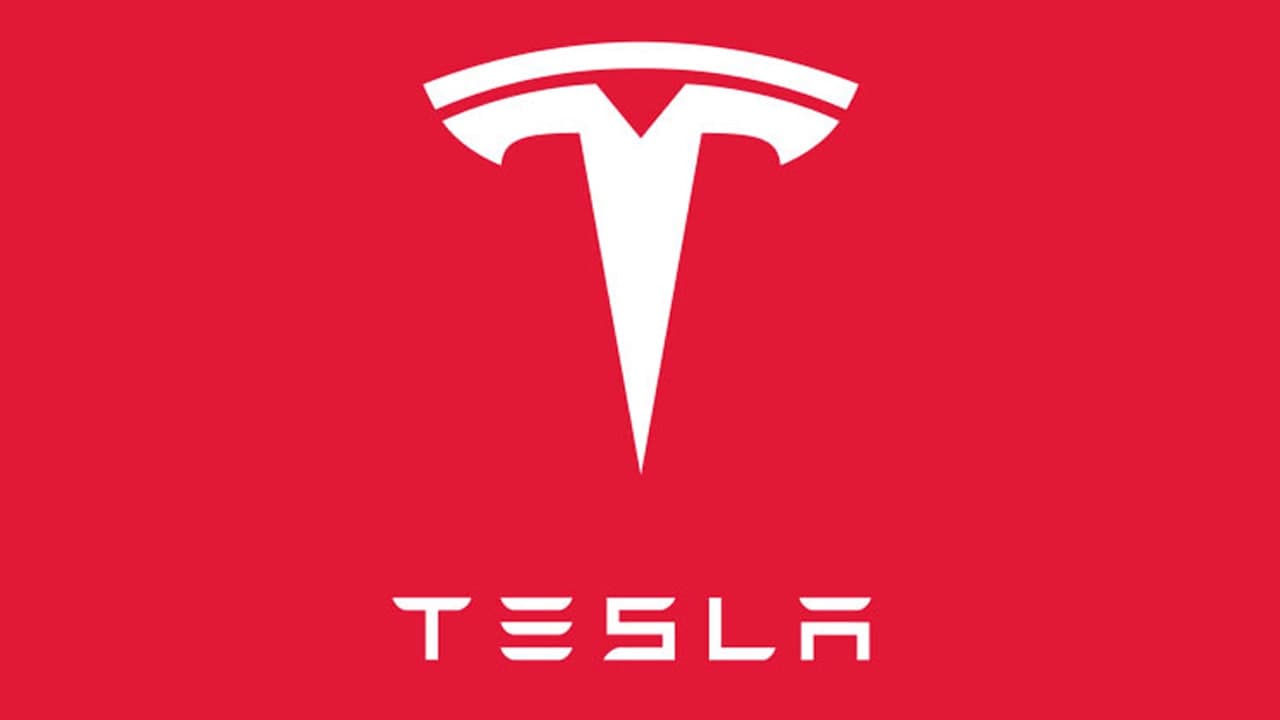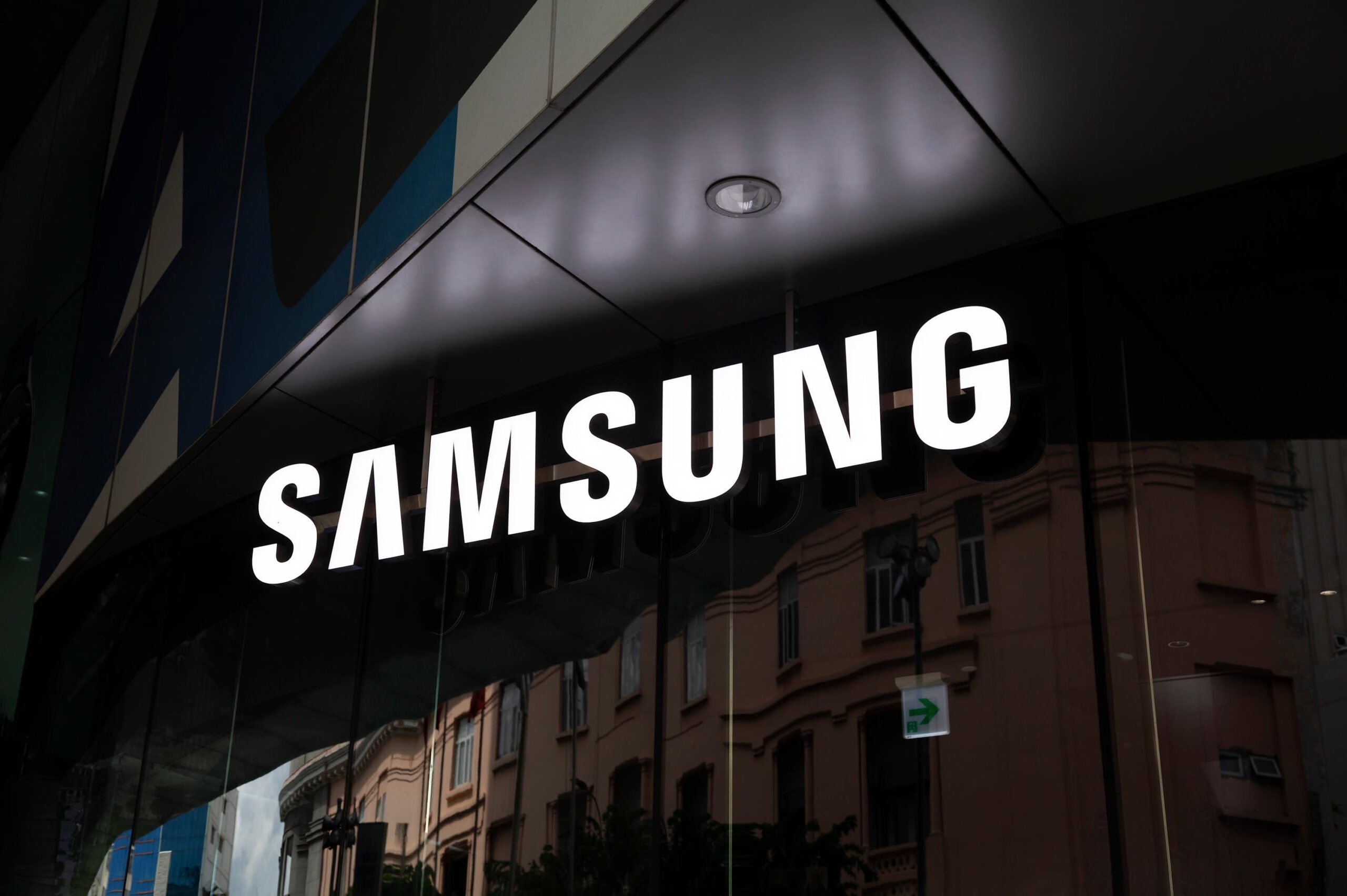According to the news, electric car maker Tesla launched the Model 3 in Israel. The company announced it has officially opened online sales in Israel.
As per the report, the cost of Model 3 in Israel is higher than its pricing in the United States and China. Among them, the standard battery life upgraded version begins at USD 51,500 (approximately 332,600 yuan) before tax.
The long-range dual-motor four-wheel-drive version begins at a pre-tax of USD 60,600 (approximately 391,400 yuan). The top-level Performance The pre-tax value of the edition begins at US$66,700 (approximately RMB 430,800).

Although the cost of Model 3 in Israel is higher than its pricing in the US and China, it does have an important reduction compared to previous electric vehicles in Israel. According to such pricing, Model 3 can better compete in the Israeli car market.
Model 3 is an electric car launched by Tesla at the end of March 2016. Delivery started on July 28, 2017. Currently, Tesla’s the lowest starting cost, largest production, and highest delivery volume.
This car has made great contributions to the electric car market around the world. It is the best-selling electric car in many countries, including large markets such as China and the United States.
It is reported that Tesla not only launched the Model 3 in Israel, the company’s Model S and Model X have also been listed in Israel. The company said that customers can now order Model S, Model X, and Model 3 models. Model 3 will be delivered at the end of March this year, and Model S and Model X will be delivered in the fourth quarter of 2021.
Tesla has been considering entering the Israeli car market for some time. The company originally planned to start commercial operations in Israel in January 2020 and open a pop-up store in Ramat Yaviv Mall in Tel Aviv, but due to regulatory obstacles, the company delayed the plan.
At the beginning of 2021, Tesla had obtained a commercial import vehicle license issued by the Israeli Ministry of Transportation, allowing the company to start ‘unlimited full operations.’
(Via)







